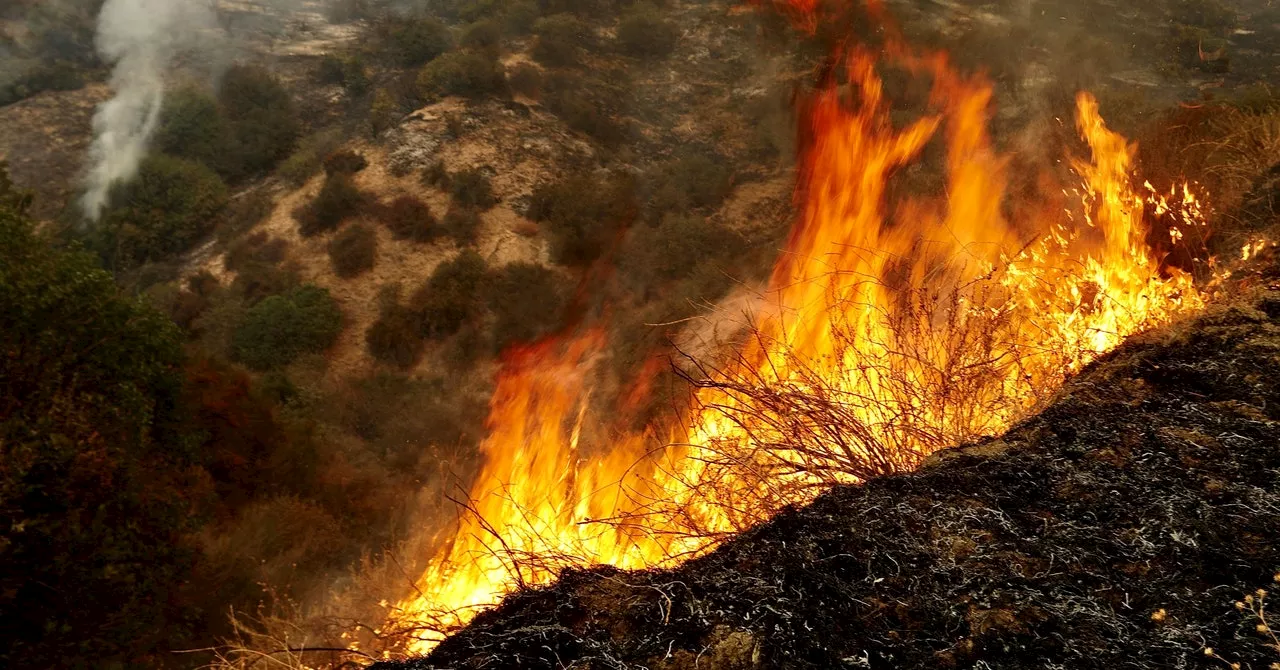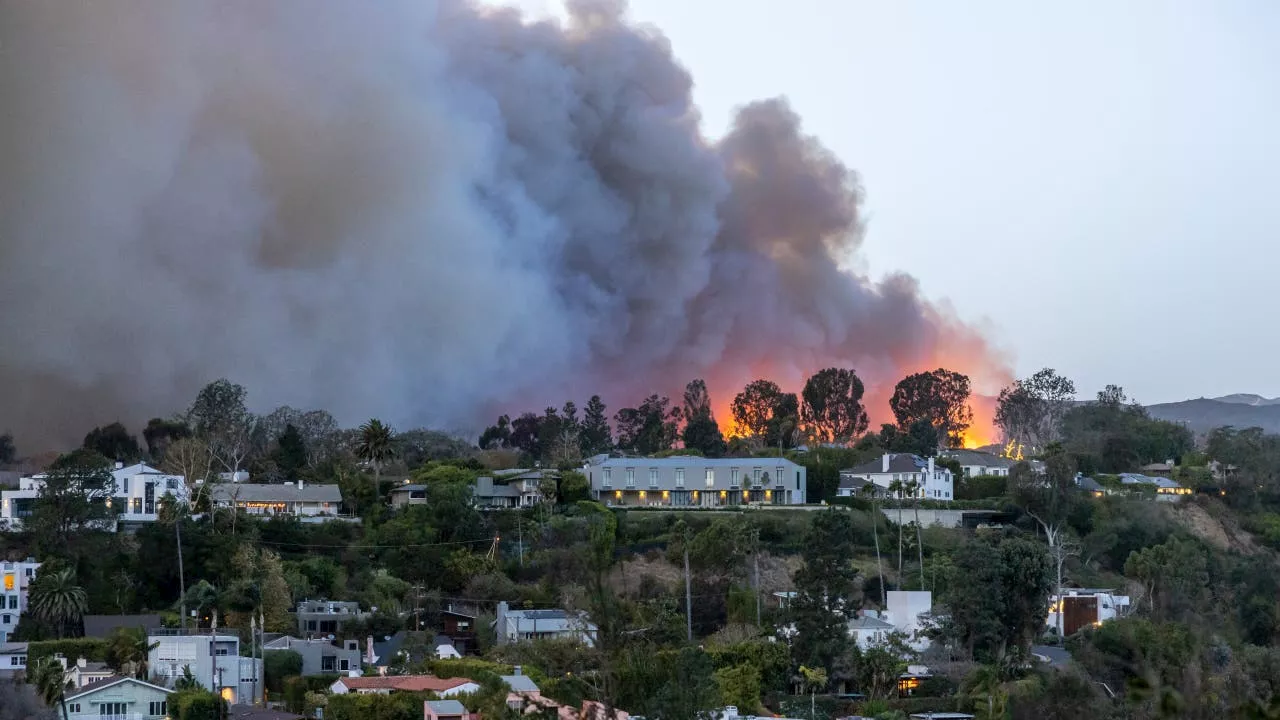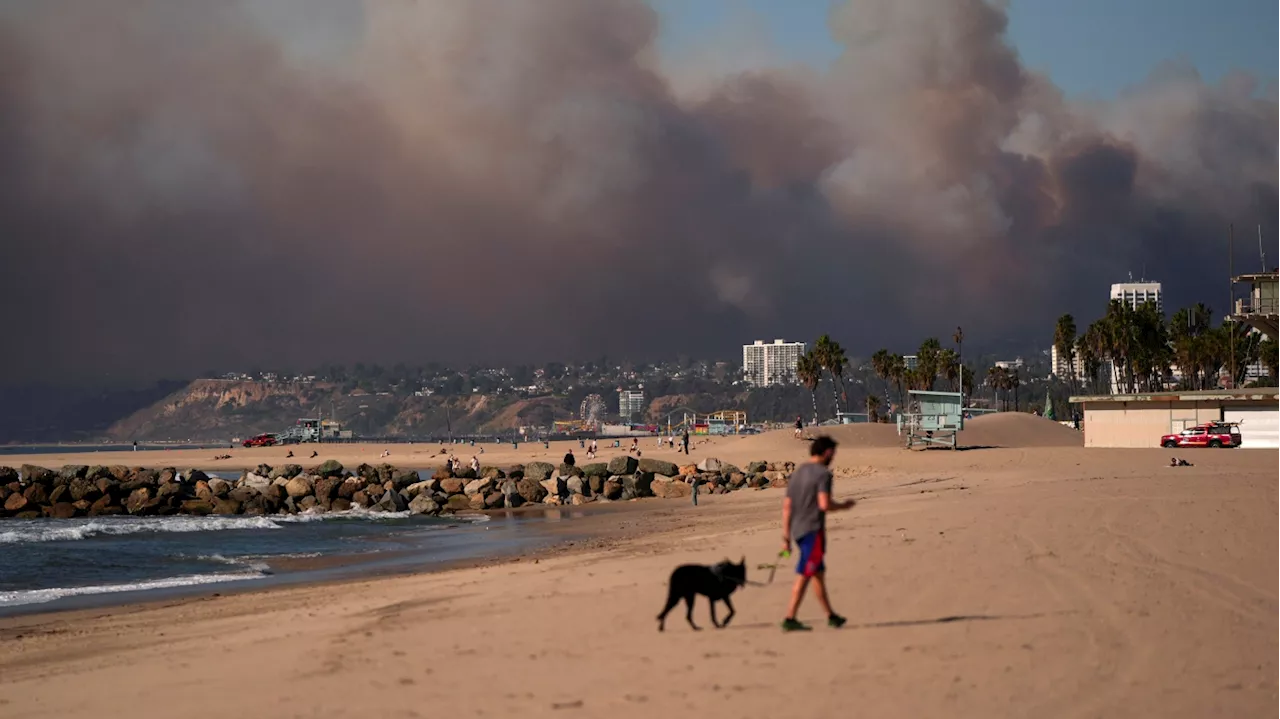This post explores the dangers of wildfire smoke, its impact on the brain and overall health, and evidence-backed strategies to mitigate its effects. Learn about the composition of wildfire smoke, its health risks, and how to protect yourself during wildfire events.
Protect yourself: monitor air quality, use HEPA filters, and avoid outdoor activities during smoke events.. While the immediate destruction caused by wildfires is always a top concern, the lingering presence of wildfire smoke presents an insidious and long-term threat to human health. This post explores the causes of wildfire smoke, its impact on the brain and overall health, and evidence-backed strategies to mitigate its effects.
The intensity and toxicity of wildfire smoke depend on factors such as the type of fuel burned, fire temperature, and meteorological conditions like wind and humidity.Wildfire smoke does not discriminate—it affects individuals of all ages, but its impact can be particularly severe for vulnerable populations such as children, the elderly, and those with pre-existing conditions. Here are some of the primary ways wildfire smoke harms the body and brain.Exposure to PM2.
The good news is that there are proactive steps individuals can take to mitigate the effects of wildfire smoke on their health and well-being.Use apps or websites such as AirNow or PurpleAir to monitor local air quality indices .Consider that AQI may not capture all important pollutants, so if you’re still experiencing respiratory or other symptoms when outside near a recent wildfire, consider minimizing your outdoor exposure.
When cooking, use a hood or ventilation system. Consider limiting cooking of smoky foods or frying food to further decrease indoor air pollution N95 or P100 respirators offer the best protection against fine particles. Ensure a snug fit for maximum effectiveness.similar to the Mediterranean diet may help offset some of the risk associated with air pollution.
Wildfire smoke is more than just an environmental nuisance—it is a profound public health challenge with significant implications for respiratory, cardiovascular, and neurological health. By understanding its causes and impacts, and implementing practical strategies to protect ourselves, we can reduce the toll wildfire smoke takes on our bodies and minds.
WILDFIRESMOKE AIRQUALITY HEALTHRISKS RESPIRATORYHEALTH CARDIOVASCULARHEALTH
United States Latest News, United States Headlines
Similar News:You can also read news stories similar to this one that we have collected from other news sources.
 Wildfire Smoke: A Growing Threat to Human HealthResearch shows increasing exposure to wildfire smoke poses significant health risks, impacting not just the heart and lungs but also the brain, potentially raising the risk of dementia and neurological disorders. This increase is attributed to more intense and longer-lasting wildfires fueled by climate change.
Wildfire Smoke: A Growing Threat to Human HealthResearch shows increasing exposure to wildfire smoke poses significant health risks, impacting not just the heart and lungs but also the brain, potentially raising the risk of dementia and neurological disorders. This increase is attributed to more intense and longer-lasting wildfires fueled by climate change.
Read more »
 Wildfire Smoke: A Growing Health ThreatNew research reveals the alarming health impacts of wildfire smoke, highlighting its potential to cause strokes, heart disease, respiratory problems, and even impact brain function and fertility. The study emphasizes the need for better air filtration systems, clean air centers, and strategies to reduce wildfire risk.
Wildfire Smoke: A Growing Health ThreatNew research reveals the alarming health impacts of wildfire smoke, highlighting its potential to cause strokes, heart disease, respiratory problems, and even impact brain function and fertility. The study emphasizes the need for better air filtration systems, clean air centers, and strategies to reduce wildfire risk.
Read more »
 Wildfire Smoke: A Health Threat Even IndoorsThis article warns about the dangers of wildfire smoke, emphasizing that it can infiltrate homes and pose risks even when staying indoors. It highlights the negative health impacts, especially for vulnerable groups, and offers tips to minimize exposure.
Wildfire Smoke: A Health Threat Even IndoorsThis article warns about the dangers of wildfire smoke, emphasizing that it can infiltrate homes and pose risks even when staying indoors. It highlights the negative health impacts, especially for vulnerable groups, and offers tips to minimize exposure.
Read more »
 Wildfire Smoke: A Growing Health Threat Fueled by Climate ChangeWildfire smoke poses a serious health risk across the US, exacerbated by climate change's impact on wildfire frequency and intensity. This article details the health effects of wildfire smoke exposure, the geographic reach of its impact, and recommendations for minimizing risk.
Wildfire Smoke: A Growing Health Threat Fueled by Climate ChangeWildfire smoke poses a serious health risk across the US, exacerbated by climate change's impact on wildfire frequency and intensity. This article details the health effects of wildfire smoke exposure, the geographic reach of its impact, and recommendations for minimizing risk.
Read more »
 Wildfire Smoke: A Growing Cancer Threat to FirefightersThis article explores the increasing risks faced by firefighters battling increasingly frequent and intense wildfires, particularly the threat of cancer posed by toxic smoke inhalation. It highlights the lack of adequate respiratory protection and the urgent need for solutions.
Wildfire Smoke: A Growing Cancer Threat to FirefightersThis article explores the increasing risks faced by firefighters battling increasingly frequent and intense wildfires, particularly the threat of cancer posed by toxic smoke inhalation. It highlights the lack of adequate respiratory protection and the urgent need for solutions.
Read more »
 New Wildfire Threatens Studio City Amid LA's Wildfire CrisisA new wildfire, the Sunswept Fire, ignited in Studio City, Los Angeles, straining resources already stretched thin due to multiple ongoing wildfires fueled by Santa Ana winds. Residents near the fire's perimeter are being urged to prepare for potential evacuations.
New Wildfire Threatens Studio City Amid LA's Wildfire CrisisA new wildfire, the Sunswept Fire, ignited in Studio City, Los Angeles, straining resources already stretched thin due to multiple ongoing wildfires fueled by Santa Ana winds. Residents near the fire's perimeter are being urged to prepare for potential evacuations.
Read more »
